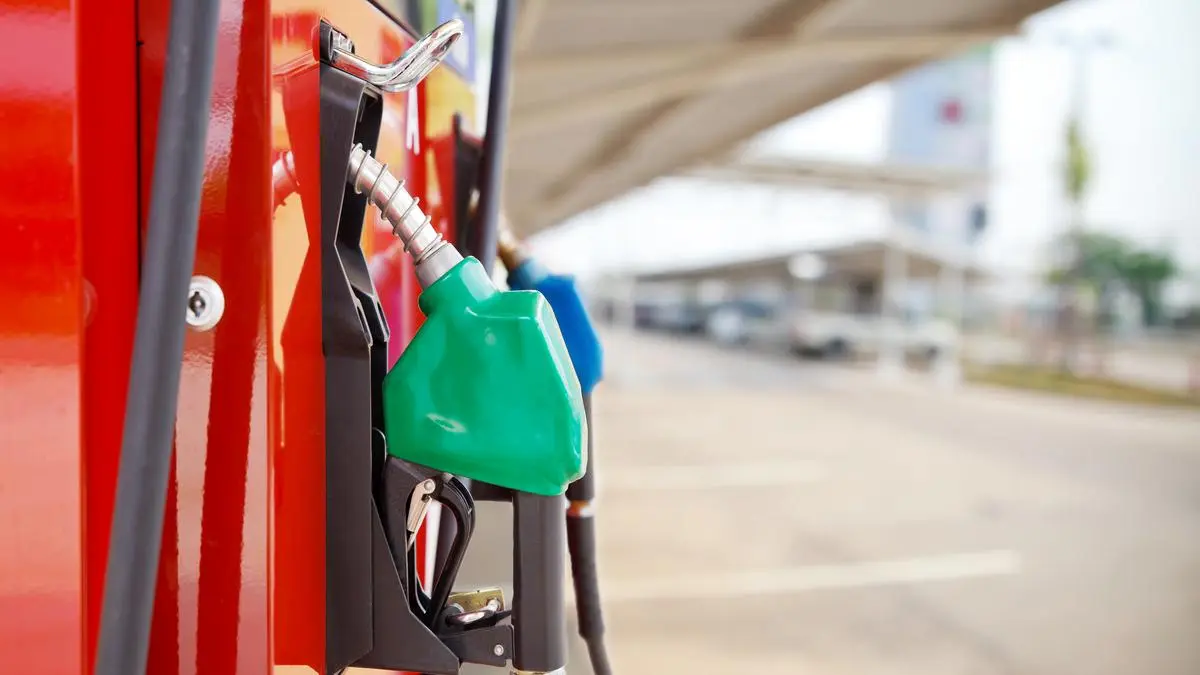DNA Tests Await to Determine Wolf's Origin After Defensive Shooting

In a recent incident in Katrineholm, a wolf was shot during an attack on livestock, marking the second such event in a short period. According to reports from P4 Sörmland, the wolf was targeting sheep and cattle in a pasture but no domestic animals were harmed or killed in the attack. Markus Södling, a wildlife officer at the County Administrative Board, stated that attempts were made to scare the wolf away before resorting to shooting it.
The shooting was carried out under the provisions of the Hunting Ordinance, specifically paragraph 28, which allows livestock owners to shoot predators in defense of their animals. This legal framework is designed to protect domestic livestock from predators while ensuring that such measures are taken as a last resort. The incident highlights the ongoing challenges of coexistence between wildlife and farming communities in Sweden.
Authorities are now awaiting DNA test results to determine the wolf's origin and which territory it belonged to. This information is crucial for understanding wolf movements and managing their populations in the region. The incident in Katrineholm follows another similar event in Hörby municipality last week, where a wolf was also shot during an attack on livestock.
These incidents underscore the delicate balance between conservation efforts and the protection of agricultural interests. While wolves are protected under Swedish law, the right to defend livestock is also recognized, creating a complex legal and ethical landscape. The outcomes of the DNA tests may provide further insights into how such conflicts can be mitigated in the future.




